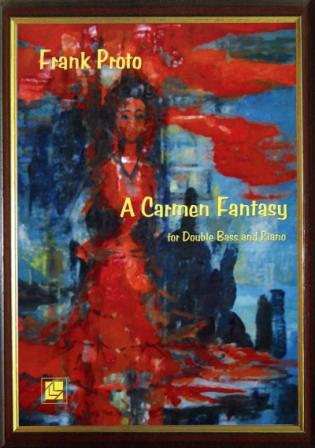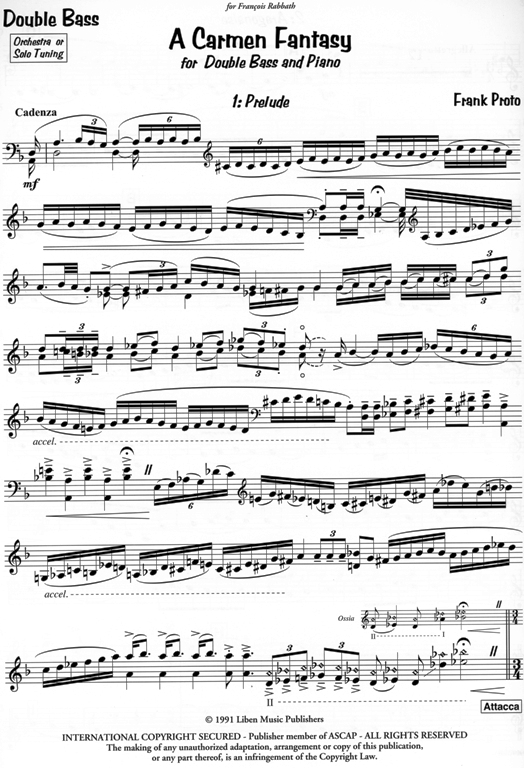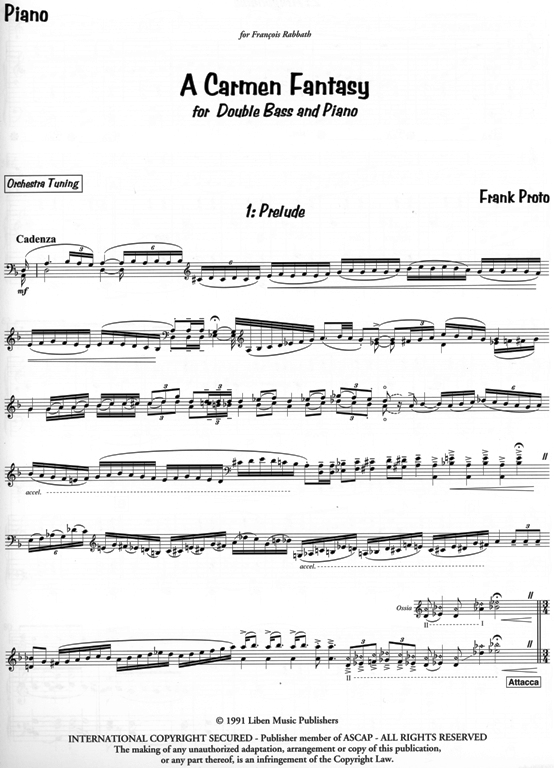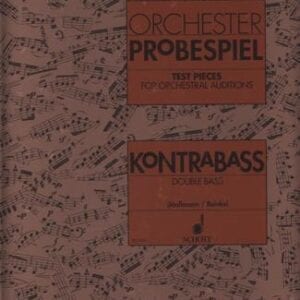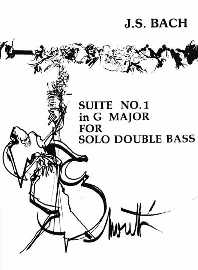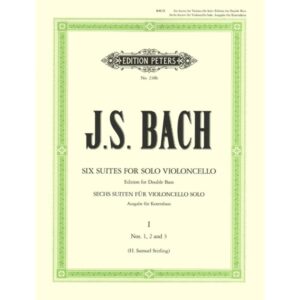Description
Since its release in 1991 Proto’s Carmen Fantasy has become one of the most popular works in the double bass repertoire. It has been performed hundreds of times, by scores of bassists throughout the world and recorded numerous times in both its orchestra version and piano version. The Carmen Fantasy ships with a piano part for orchestra tuning. An optional piano part for solo tuning is also available.
The Carmen Fantasy for Double Bass and Piano was written in 1991 as a surprise for François Rabbath. The soloist was looking for something different to feature on his recitals but wasn’t sure exactly what. Knowing his style and temperament quite well, as a result of two former collaborations, the Concerto No. 2 (1981) and the Fantasy for Double Bass and Orchestra (1983), Proto thought that Rabbath would find the music of Bizet, cast in an entirely different light, to his liking. He finished work on it in June 1991 and sent it to Rabbath. On July 5, 1991, Rabbath, with the composer at the piano played the premier performance at the University of Cincinnati’s College-Conservatory of Music. The result was such a resounding success that the soloist immediately asked that the work be orchestrated.
The Carmen Fantasy for Double Bass and Orchestra was finished in July 1992. Rabbath played the first performance with the Toulouse chamber orchestra on November 3, 1992. It is scored for 2 flutes, oboe, English horn, clarinet, bass clarinet, piano, celesta, harp, percussion and strings.
The material was selected more or less at random. The Aragonaise, Toreador Song and Bohemian Dance are included in the standard suites frequently heard at symphony concerts, but Micaela’s Aria from Act 2 is a lovely melody that is rarely heard outside of the opera. The Prelude is original and serves as a sort of overture to the suite.

